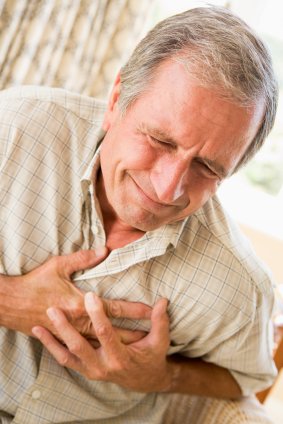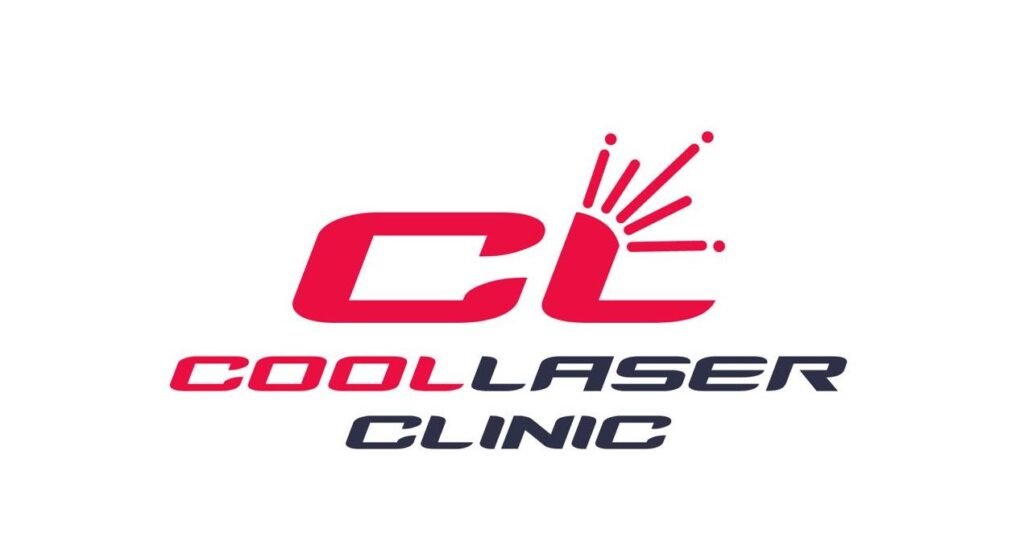
A heart attack is a serious medical condition that requires prompt attention. It occurs when part of the heart muscle is damaged due to lack of oxygen. Oxygen is usually delivered to the heart through the coronary arteries but when you have cardiovascular disease, these arteries can become blocked with plaque and slow down the flow of oxygen carrying blood. In some cases, tiny clots form inside the damaged arteries and these can block blood flow to the heart as well.

Heart disease and heart attacks can be prevented in many people since heart disease commonly develops after years of making poor lifestyle choices like smoking and eating an unhealthy diet. Some risk factors for a heart attack cannot be altered however, such as gender, age, race, and family history.
Therefore, it is wise to control the factors you can in order to reduce your risk of having a heart attack. Here are some risk factors that are under your control: smoking, high blood pressure, high cholesterol, stress, sedentary lifestyle, obesity, and eating an unhealthy diet. Diabetes is also a big contributor to the development of heart disease so you should take steps to keep your blood sugar under control. The symptoms of a heart attack vary from person to person and it might not be clear if you are having a heart attack or heartburn. Therefore, you should never ignore bothersome symptoms in your chest region. It is better to go to the emergency room by mistake than to be having a heart attack and not call for help.
Heart Attack Warning Signs
Some of the symptoms you might experience with a heart attack include: chest pressure, crushing feeling or heaviness in your chest, chest pain, pain radiating to your jaw, left arm or left shoulder, chest tightness, sweating, nausea, vomiting, dizziness, shortness of breath, feeling faint, weakness, sudden fatigue, feelings of indigestion.
Seeking immediate medical treatment is critical when you are having a heart attack because the sooner you are treated, the greater the chance of a successful outcome since the doctors can stop further damage to your heart muscle. When you have chest pain you should call for an ambulance right away rather than trying to drive yourself to the hospital. Unless your doctor has told you otherwise, it is often recommended that you take one aspirin while waiting for help.
Once you are in a medical facility, the staff can treat your heart attack with medication or surgery if needed. The outcome depends upon how soon you get treatment and how much damage was done to your heart muscle. Rather than waiting to treat a heart attack once it happens, it is wise to take steps to prevent one in the first place.
Here are some things you can do to prevent a heart attack. Stop smoking and control medical conditions like high blood pressure, high cholesterol, and diabetes with proper medical treatment. Engage in moderate intensity exercise for about an hour a day at least 4 days per week. Push yourself hard enough to elevate your heart rate. Avoid too much salt or saturated fat in your diet. Eat a healthy diet and live a healthy lifestyle so you can have a healthy heart. You will feel better and reduce your risk for other diseases at the same time.




Leave a Reply